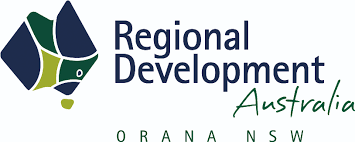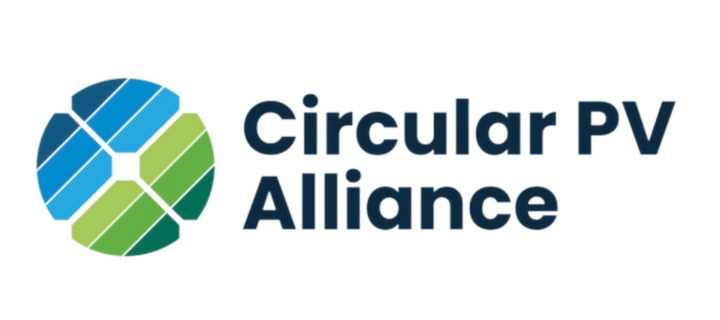Next generation of resources lead as Australia's recycling boom breaks barriers
Australia’s Recycling Modernisation Fund is set to break through the billion-dollar barrier, generating unprecedented investment in the nation’s recycling capacity.

Originally forecast to generate $600 million in Commonwealth, State, Territory and Industry investment the Recycling Modernisation Fund is closing in on the $1billion mark with projects already driving almost 3,000 jobs in both construction and ongoing employment.
With only Queensland still to announce its investment plans, the green light has now been given to 87 projects across Australia dealing with waste plastic, tyres, glass and paper.
Minister for the Environment Sussan Ley said the capacity of these projects alone will create 1.3 million tonnes of new recycling capacity per annum, more than double the volume subject to the Morrison Government’s waste export ban.
“Much of the recycling infrastructure required to drive Australia’s circular economy is now either in place, being built or approved for funding,” Minister Ley said.
“Our history making Recycling and Waste Reduction Act 2020 set in train a world first ban for the export of unprocessed plastic, glass, tyres and paper, because it was the right thing to do for the environment and the right way to grow jobs in Australia.
“The RMF is proving the engine room for the circular economy as industry backs the initiative, and as we look more and more for new ways to turn old products into new products.
“Economic analysis estimates that circular communities can generate $175 billion in direct economic benefits over twenty years and save 16.7 million tonnes of CO2 per year in Australia by 2040.”
Assistant Minister for Waste Reduction and Environmental Management Trevor Evans said that the 87 projects already online had generated 1747 construction jobs and 1003 ongoing roles.
“Recycling is a necessity for our environmental and economic future, and the Morrison Government is delivering genuine micro economic reform through this fund,” Assistant Minister Evans said.
“We are seeing exciting new technologies coming into play from projects like Envorinex and Timberlink working together to turn hard to recycle hair salon plastic bottles into valuable wood composites, and an Australian first ‘drum pulper’ that can process around 60 per cent of Victoria’s kerbside paper and cardboard recycling.
Plastics
The Government has co-invested over $104.5 million for 54 new plastic projects, 21 in regional Australia, to reprocess our waste plastic into new products.
These projects will process 276,218 tonnes of plastic each year, almost one and half times the amount of plastic subject to the export ban.
The Government already has 11 projects online that target plastics processing over 17,000 tonnes of plastic per year.
Over 35% of the plastics projects are expected to be completed by July, just over half to be up and running by the end of the year, and over 90% to be complete by the end of 2023.
Glass
The Government has co-invested over $29.5 million for 26 glass projects, 12 in regional areas, to reprocess waste glass.
These will generate 480,770 tonnes of onshore processing capacity, almost 30 times the amount subject to the export ban.
Four projects that target glass are already online and processing almost 48,000 tonnes per annum. The Government expects just over half of the projects to be complete by July 2022. By the end of 2023 over 90% of projects will be complete.
Tyres
The Government has co-invested over $27.5 million in 10 tyres projects, two in regional Australia, to generate 125,180 tonnes of processing capacity every year. is over two times the amount subject to the export ban.
The Government expects that that by the end of this year over 60% of the tyre projects will be up and running with all of them complete by the end of 2023.
Paper and cardboard
The Government has co-invested over $88 million in 14 paper and cardboard projects, four in regional Australia, to reprocess waste paper and cardboard into new products.
These will generate 415,567 tonnes of onshore processing capacity, around 110% of the amount subject to the export ban.
Two projects that target paper and cardboard are online now and processing 180 tonnes per annum and the Government expects that over 60% will be complete by July 2023.















